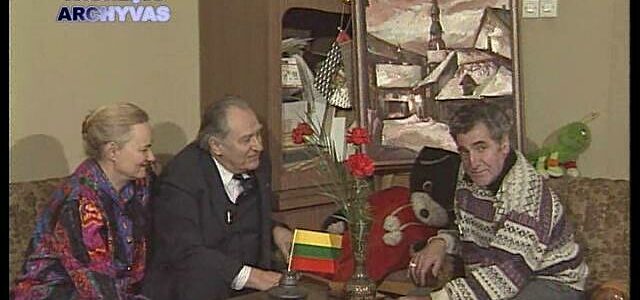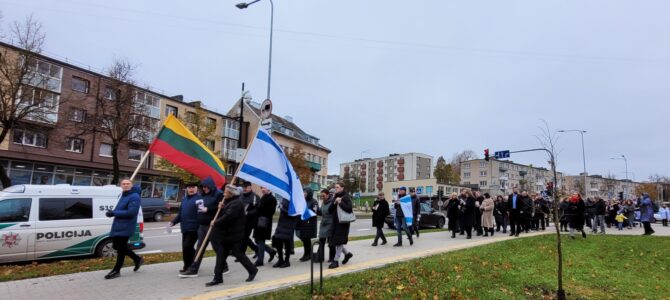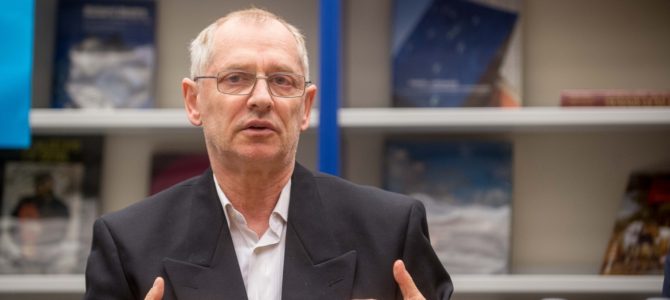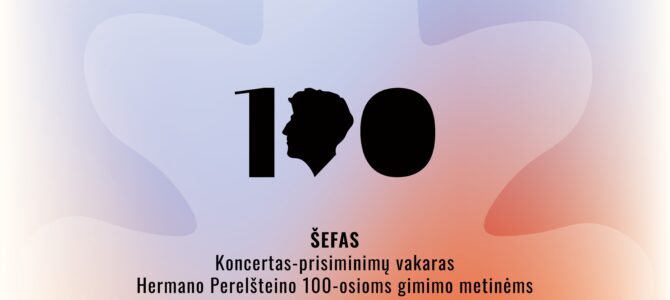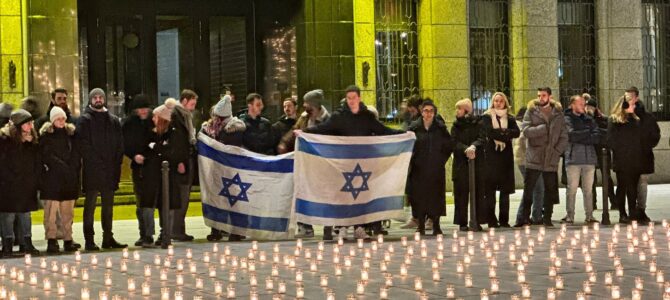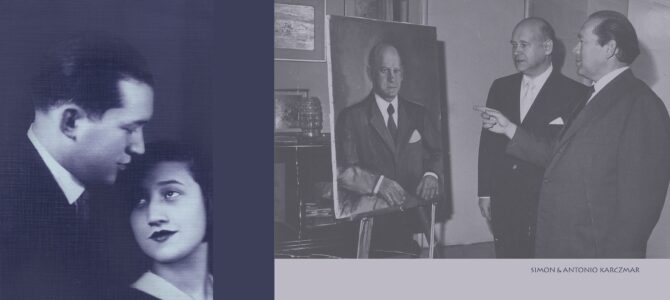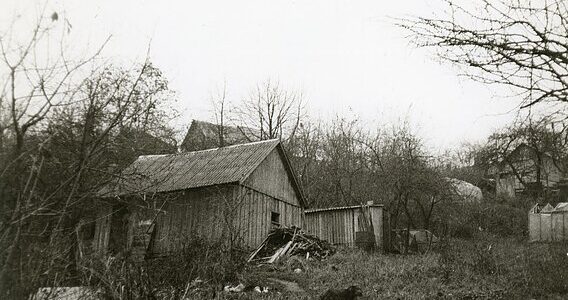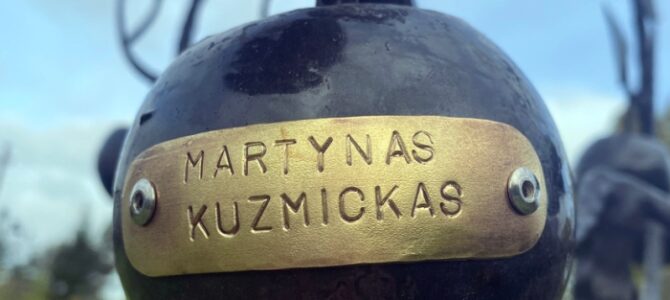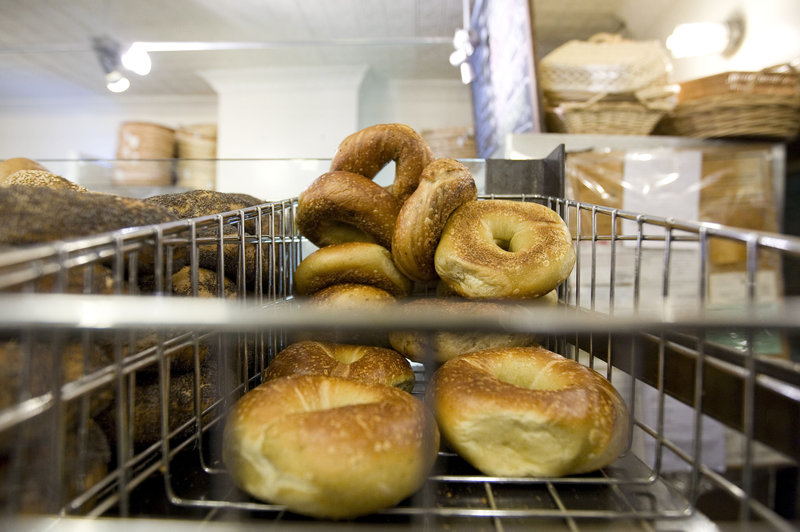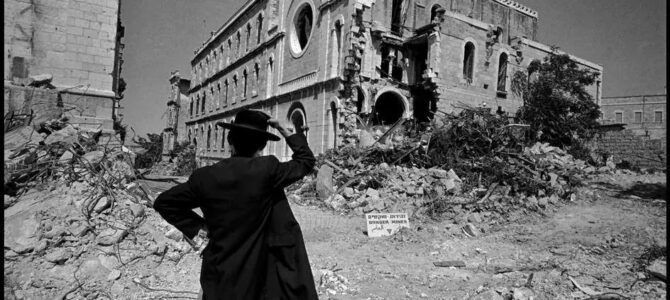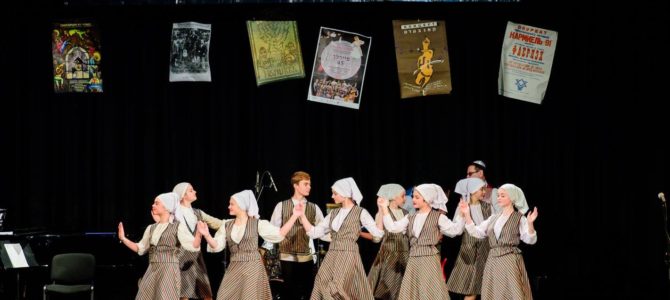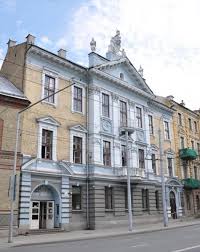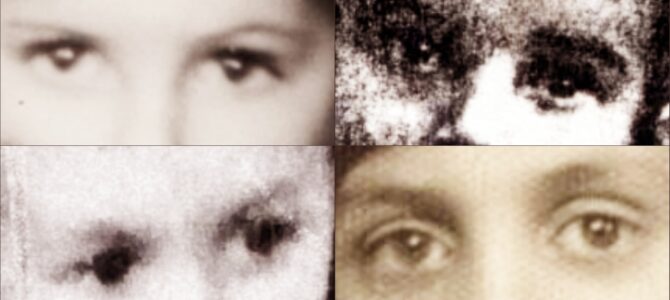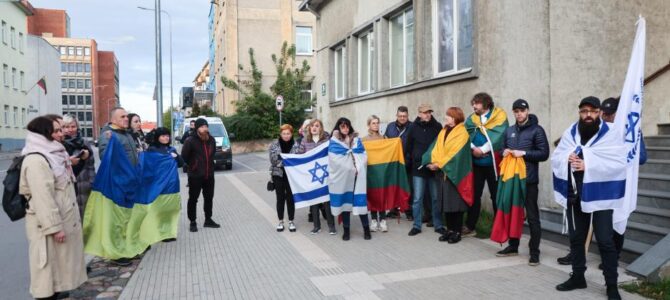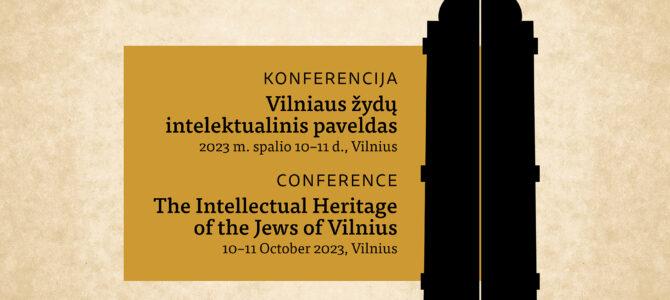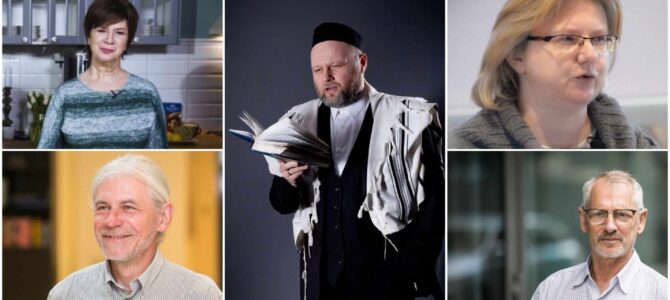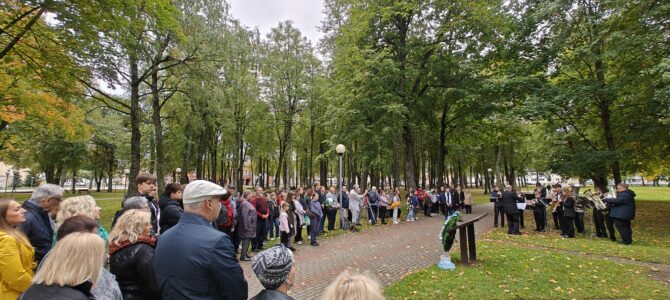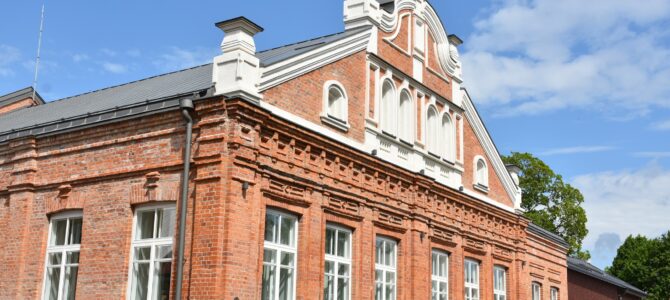When terrorist group Hamas attacked Israel on October 7 the world witnessed acts of incomprehensible brutality where women, children, the disabled and the elderly were taken hostage and murdered, taken hostage and used as human shields, and publicly tortured and executed.
We say with no reservations at all that Israel is a sovereign state. No one has the right to attack Israel, to invade Israel’s territory and to murder the people of Israel. There can be no justification nor mercy of any kind for the murderers.
Today, 50 years later, the words of beloved Israeli prime minister Golda Meir sound prophetic: we had a secret weapon in the war: there was no alternative. Again Israel is fighting for survival.
This brutal war is especially painful to the members of the Lithuanian Jewish Community, there is no Jewish family in Lithuania whose members haven’t been touched by these terrific events. Our close relatives are fighting on the front lines, healing the wounded, rescuing people buried in rubble, helping those who are stuck and who could die. We are extremely proud of them.
Our thoughts and hearts are with our parents, brothers, sisters, children, grandchildren and friends who remain in Israel. With every person fighting for our historical homeland. With everyone who is experiencing the horror and loss.
Unfortunately it isn’t just our relatives in Israel who have found themselves in danger, but also in Lithuania. In the country where we were born, grew up and work, the country which we love, whose citizens we are, anti-Semitism is spreading, not just on the social media and at protests, but from the podium at the Lithuanian parliament, and even children are being attacked: they are being threatened and hurt on purpose. Yesterday a Bolt taxi driver of dark complexion who didn’t speak Lithuanian asked a minor, a child, what his ethnicity was, and when he found out his passenger was Jewish, he refused to take him to school. This is certainly not the only and not the worst incident, but it’s very illustrative of the situation.
These kinds of incidents make our community feel unsafe, but we are concentrated and unified, we are unified both by our thousands of years of history, but also by the future.
We are inn close cooperation with the Lithuanian Police Department and other security structures. Ee are in continual contact with the Israeli Ministry of Foreign Affairs, the Lithuanian embassy to Israel and international Jewish organizations. We are exchanging information and sharing data.
Despite the shock of it all, we are striving to help Lithuanian citizens stranded in Israel as well, and to help Israeli citizens in Lithuania to fly home. We are providing information, consulting, helping to provide solutions to the unexpected problems which have come up all at once.
We thank Lithuanian president Gitanas Nausėda, speaker of parliament Viktorija Čmilyte-Nielsen and prime minister Ingrida Šimonytė for the firm support for Israel and the Lithuanian Jewish Community they have expressed. We are very encouraged Lithuania has condemned unequivocally the actions of the terrorists and has stood for the right and just side.
We are extraordinarily grateful to the people of Lithuania as well who have sent us their messages of condolence and support and who are praying for our brothers and sisters taken hostage by the terrorists. At the same time we caution people should assess critically the information they receive and only share news from official Israeli institutions and agencies.
Am Yisral khai. The people of Israel live.
Faina Kukliansky, chairwoman
Lithuanian Jewish Community
